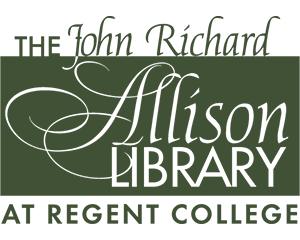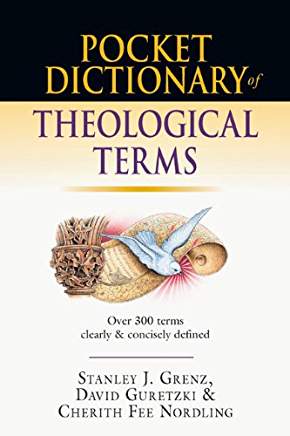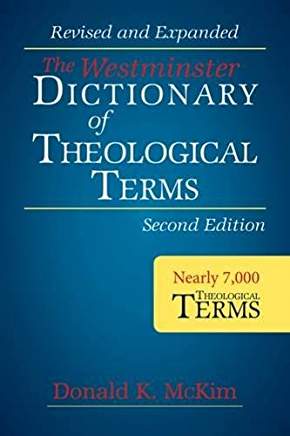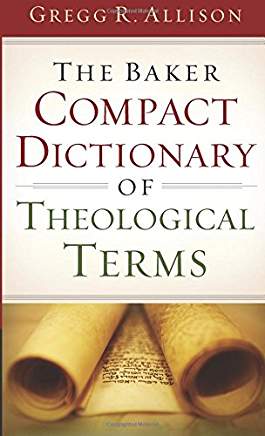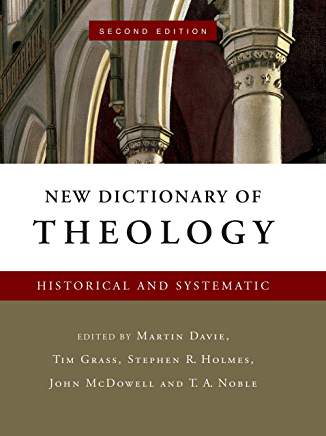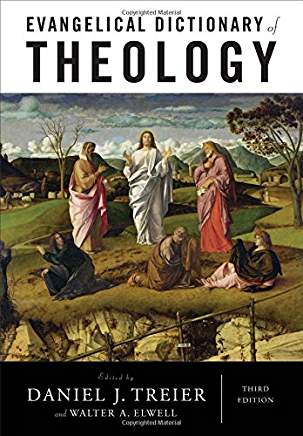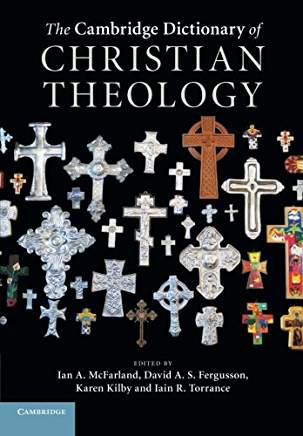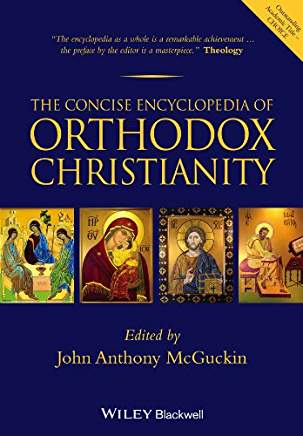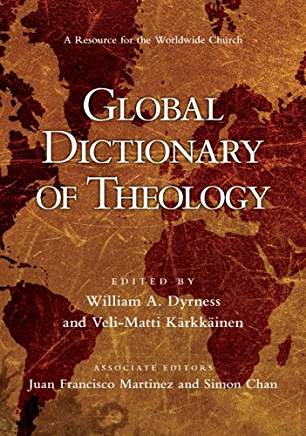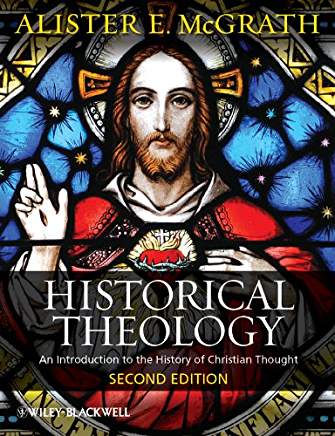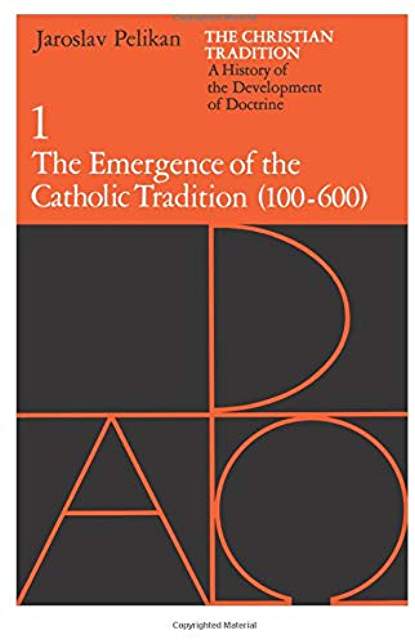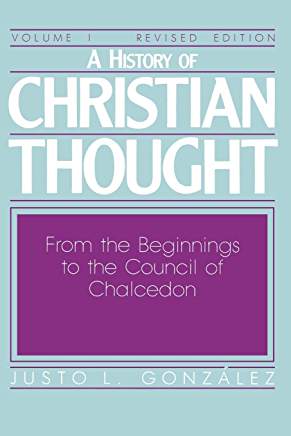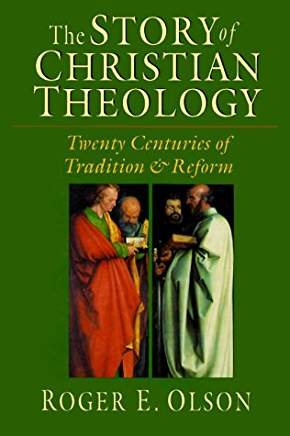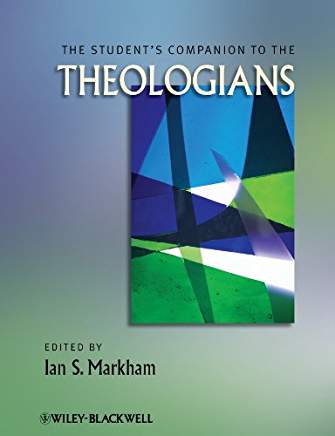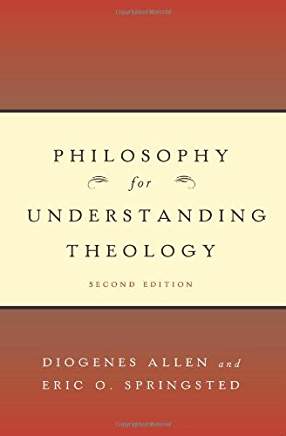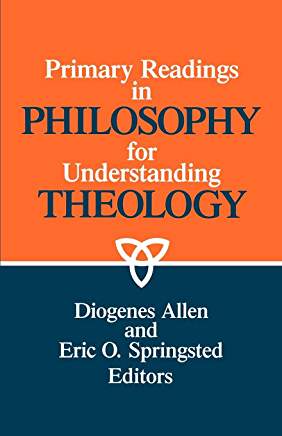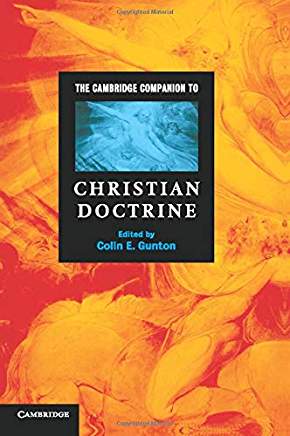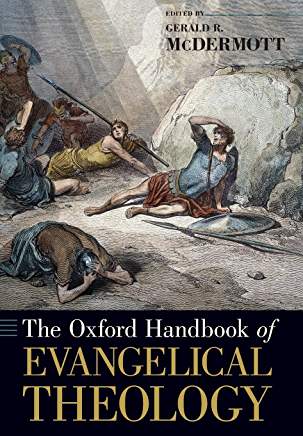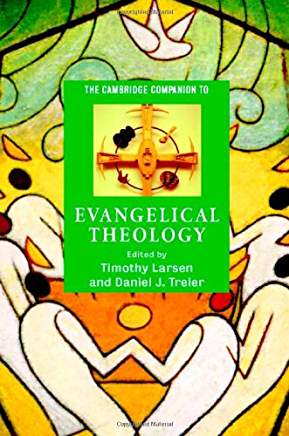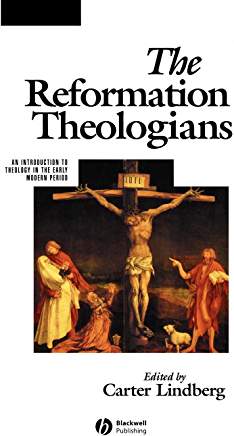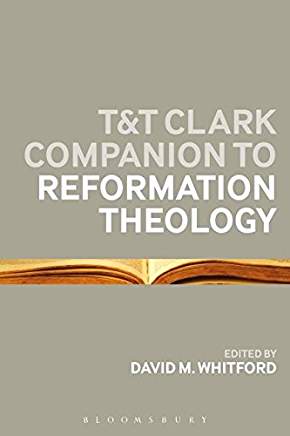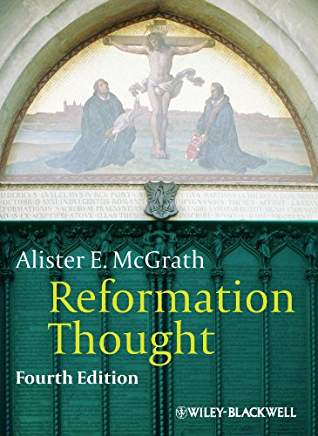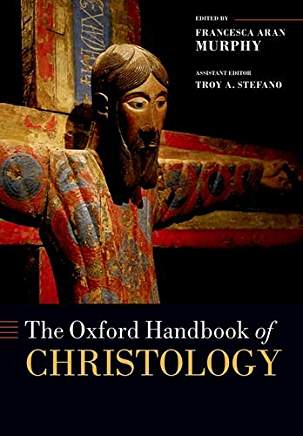Doctrinal Theology Research Guide
 Processing Request
Processing Request
Christian theology is not a set of inert facts but a living conversation with and about the Triune God and Christ’s church throughout history. Theological research is about orienting oneself within this conversation and then participating in and contributing to it.
Though Regent College theology classes are interdisciplinary, they also recognize traditional types of theology, such as systematic or doctrinal theology, historical theology, biblical theology, practical theology, and spiritual theology. This research guide will focus on doctrinal theology. For a helpful introduction to the definition, history, task, form, and organization of doctrinal theology, see John Webster’s “Introduction: Systematic Theology” (pg. 1-15) in The Oxford Handbook of Systematic Theology:
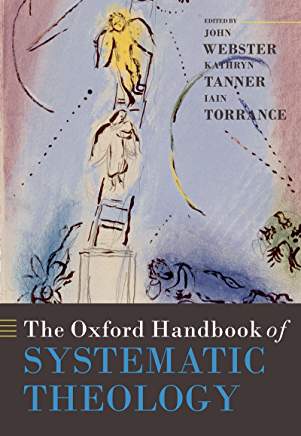
The Oxford Handbook of Systematic Theology
eds. John Webster, Kathryn Tanner, and Iain Torrance
Oxford: Oxford University Press, 2007.
For more information about theological issues related to World Christianity, please refer to the research guide by clicking here.
Students new to theological studies should make use of a theological dictionary to help clarify terms and definitions. Some helpful resources are:
Pocket Dictionary of Theological Terms
Stanley J. Granz, David Guretzki, and Cherith Fee Nordling
Downers Grove: IVP, 1999.
The Westminster Dictionary of Theological Terms
Donald K. McKim
Louisville: Westminster John Know, 2014.
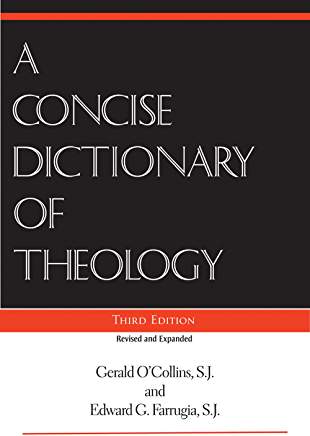
A Concise Dictionary of Theology
Gerald O'Collins SJ and Edward Farrugia SJ
New York: Paulist Press, 2013.
The Baker Compact Dictionary of Theological Terms
Gregg R. Allison
Grand Rapids: Baker, 2016.
There are many different ways to approach theological research. For example, when researching John Calvin, one may begin with a primary source theological work (e.g., Calvin’s Institutes) or body of work (e.g, all of Calvin’s writings) and then examine how others interpret these. Another approach is to examine secondary sources (e.g, interpreters of Calvin) in order to see the historical reception of a specific doctrine articulated by Calvin, and then engage Calvin's writings in dialogue with those secondary sources. Overall, both of these approaches recognize the importance of interacting with both primary and secondary sources that have already examined one's topic of study.
What constitutes a primary source in theology depends upon the shape of one's project. Generally, the Bible and any theological works that were written before or during the work(s) or theologian(s) in one's study topic are primary works. When examining theologians from different eras, all works written by them are primary sources, but those commenting on both or either of them are secondary sources. When writing on a particular theologian’s interpretation of a previous theologian (e.g., B.B. Warfield's interpretation of Calvin), both are primary sources, and anyone interpreting one or both of theses theologians or the doctrines being examined are secondary sources. When studying an aspect of a figure's theology, that figure's works and the works commented on are primary sources, and subsequent scholars interacting with both are secondary sources.
When using a primary source for research, one must identify the authoritative version or translation of the text(s). To find this information, look for the version used in a recent handbook or companion to the work in question, or ask a professor or librarian.
When starting research on a particular topic or figure, one should first consult a theological dictionary or encyclopedia. Articles range from one paragraph on minor topics to three or more pages on major doctrines and theologians. These articles are written by experts on the subject and will typically include a short but authoritative bibliography of sources that readers should consult. Here are some examples:
New Dictionary of Theology: Historical and Systematic
eds. Marin Davie, Tim Grass, Stephen R. Holmes, John McDowell, and T.A. Noble
Downers Grove: IVP Academic, 2016.
Evangelical Dictionary of Theology
eds. Daniel J. Trier and Walter A. Elwell
Grand Rapids: Baker Academic, 2017.
Encyclopedia of Theology: The Concise Sacramentum Mundi
ed. Karl Rahner
New York: Seabury Press, 1975.
The Cambridge Dictionary of Christian Theology
eds. Ian A. McFarland, David A.S. Fergusson, Karen Kilby, and Iain R. Torrance
Cambridge: Cambridge University Press, 2011.
The Encyclopedia of Eastern Orthodox Christianity
ed. John Anthony McGuckin
Chichester: Wiley Blackwell, 2011.
Global Dictionary of Theology: A Resource for the Worldwide Church
eds. William A. Dyrness and Veli-Matti Kärkkäinen
Downers Grove: IVP Academic, 2008.
Introductions to theology texts provide a basic but comprehensive introduction to the history, development, key theologians, and essential doctrines of Christian theology. Two example volumes are:
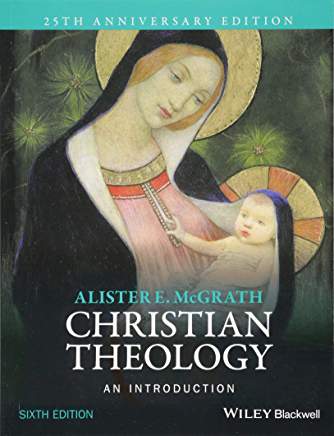
Christian Theology: An Introduction
Alister E. McGrath
Chichester: Wiley Blackwell, 2017.
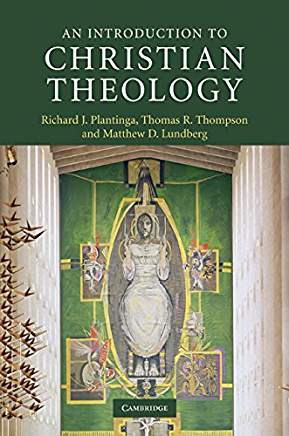
An Introduction to Christian Theology
Richard J. Plantinga, Thomas R. Thompson, and Matthew D. Lundberg
Cambridge: Cambridge University Press, 2010.
History of theology works are particularly valuable when looking at the development of a doctrine, the various ways particular doctrinal loci were treated throughout history, or the development of a theological school, movement, or era. Examples of helpful history of theology works are:
Historical Theology: An Introduction to the History of Christian Thought
Alister E. McGrath
Chichester: Wiley-Blackwell, 2013.
Catalogue Record
The Christian Tradition: A History of the Development of Doctrine
Jaroslav Pelikan
Chicago: University of Chicago Press, 1989.
A History of Christian Thought
Justo L. González
Nashville: Abingdon Press, 1987.
The Story of Christian Theology: Twenty Centuries of Tradition & Reform
Roger E. Olson
Downers Grove: Intervarsity Press, 1999.
There are also brief guides introducing important theologians to help students understand where these figures fit in the theological tradition and their contributions. For example, see:
The Student's Companion to the Theologians
ed. Ian S. Markham
Oxford: Wiley-Blackwell, 2013.
For information on the contextual philosophical framework of theological issues throughout history, volumes such as the following are helpful:
Philosophy for Understanding Theology
Diogenes Allen and Eric O. Springsted
Louisville: Westminster John Knox, 2007.
Catalogue Record
Primary Readings in Philosophy for Understanding Theology
Diogenes Allen and Eric O. Springsted
Louisville: Westminster John Knox, 1992.
Catalogue Record
Handbooks and companions are edited multi-author volumes that typically have articles 15-30 pages long addressing a particular doctrine, theologian, or school of theology, written by a recognized expert in the subject matter. These experts come from various traditions; thus, students should consult more than one.
Examples of volumes dealing with theology proper (i.e., the classic Christian doctrines and the method or practice of theology) are:
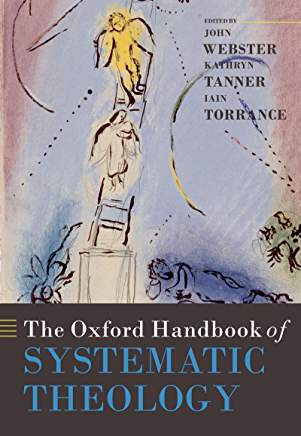
The Oxford Handbook of Systematic Theology
eds. John Webster, Kathryn Tanner, and Iain Torrance
Oxford: Oxford University Press, 2007.
The Cambridge Companion to Christian Doctrine
ed. Colin E. Gunton
Cambridge: Cambridge University Press, 1997.
There are also handbooks and companions that focus on specific theological traditions, schools, movements, perspectives, or eras (e.g., Patristic, Medieval, Reformation, Modern, Catholic, Protestant, Evangelical, Wesleyan, Lutheran, Orthodox, or African). For example, one may study Protestant theology, or go narrower into Evangelical theology using the following resources:
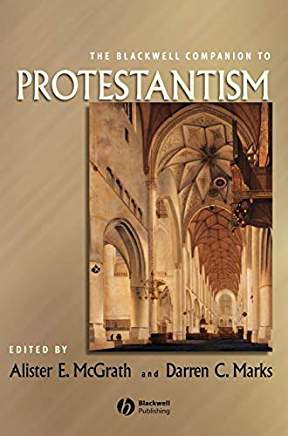
The Blackwell Companion to Protestantism
eds. Alister E. McGrath and Darren C. Marks
Malden, MA: Blackwell, 2004.
The Oxford Handbook of Evangelical Theology
ed. Gerald R. McDermott
Oxford: Oxford University Press, 2010.
The Cambridge Companion to Evangelical Theology
eds. Timothy Larsen and Daniel J. Treier.
Cambridge: Cambridge University Press, 2007.
There are many volumes on theological movements and eras. For example, to study Reformation theology and theologians, try:
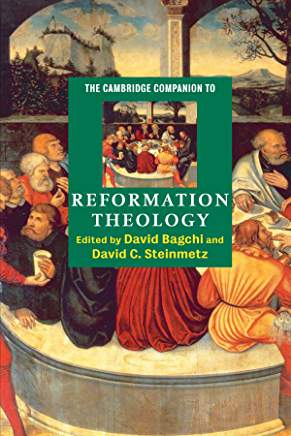
The Cambridge Companion to Reformation Theology
eds. David Bagchi and David C. Steinmetz
Cambridge: Cambridge University Press, 2004.
The Reformation Theologians: An Introduction to Theology in the Early Modern Period
ed. Carter Lindberg
Malden: Blackwell Pub., 2002.
T&T Clark Companion to Reformation Theology
ed. David M. Whitford
New York: T & T Clark, 2012.
Reformation Thought: An Introduction
Alister E. McGrath
Chichester: John Wiley & Sons, 2012.
There are also companions and handbooks on individual theologians. If the theologian was influential, there may be volumes from multiple publishers, all using coming from different perspectives and writing for different purposes. For example, there are several works on Karl Barth and his theology:
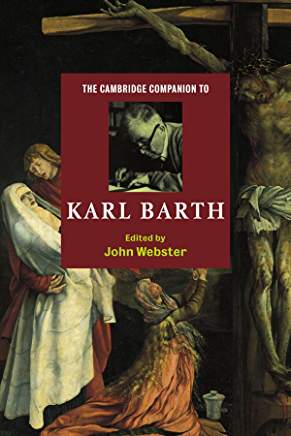
The Cambridge Companion to Karl Barth
ed. John Webster
Cambridge: Cambridge University Press, 2000.
Wiley Blackwell Companion to Karl Barth
eds. George Hunsinger and Keith L. Johnson
Oxford: Wiley-Blackwell, 2020.
Forthcoming
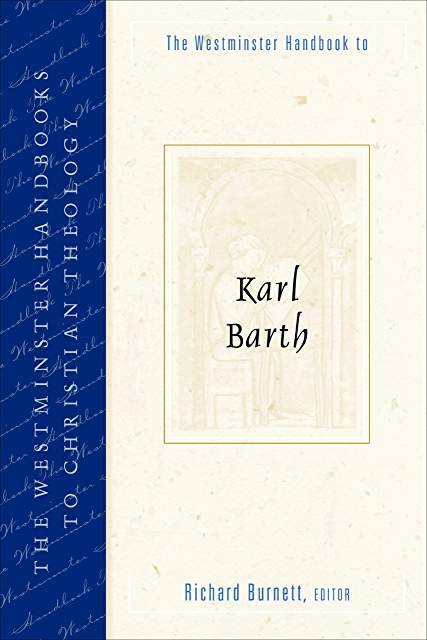
The Westminster Handbook to Karl Barth
ed. Richard E. Burnett
Louisville: Westminster John Knox, 2013.
There are also handbooks and companions on key theological works, some by a single author but others by many authors:
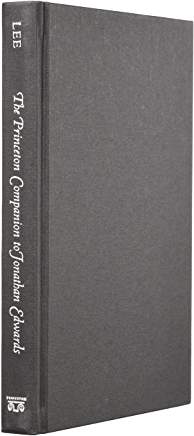
The Princeton Companion to Jonathan Edwards
ed. Sang Hyun Lee
Princeton: Princeton University Press, 2005.
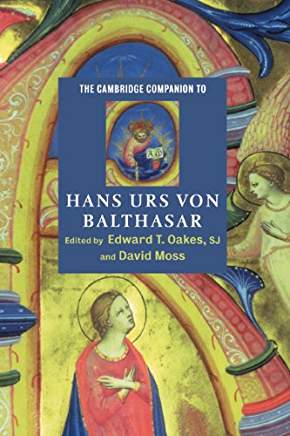
The Cambridge Companion to Hans Urs von Balthasar
ed. Edward T. Oakes and David Moss
Cambridge: Cambridge University Press, 2004.
For information on recent theological developments, see volumes like:
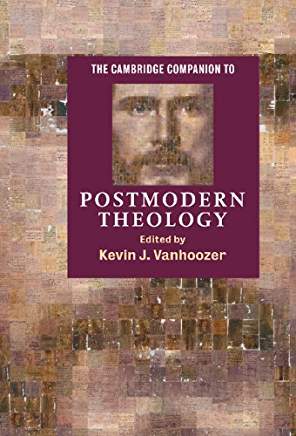
The Cambridge Companion to Postmodern Theology
ed. Kevin J. Vanhoozer
Cambridge: Cambridge University Press, 2003.
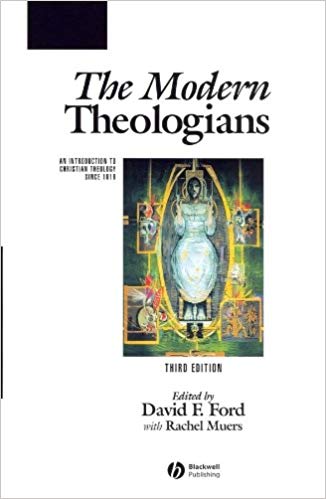
The Modern Theologians: An Introduction to Christian Theology Since 1918
ed. David F. Ford with Rachel Muers
Malden: Blackwell Pub., 2005.
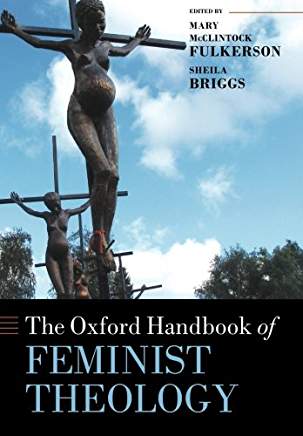
The Oxford Handbook of Feminist Theology
eds. Mary McClintock Fulkerson and Sheila Briggs
Oxford: Oxford University Press, 2012.
There are also handbooks on particular doctrines, such as:
The Oxford Handbook of Christology
ed. Francesca Aran Murphy
Oxford: Oxford University Press, 2015.
Readers, compilations, and anthologies are useful for getting to know primary source documents. These usually contain excerpts or samples of typical, influential, or important writings, and may be introduced by an author. However, these should not be cited as main primary source documents; rather, one should consult the authoritative scholarly version of the primary source document. Here are some examples of readers:
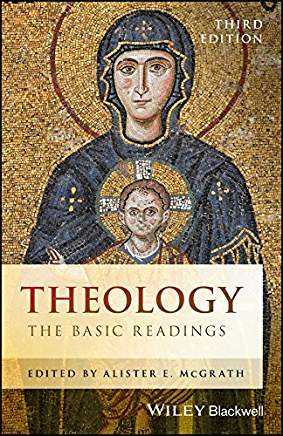
Theology: The Basic Readings
ed. Alister E. McGrath
Chichester: Wiley-Blackwell, 2018.
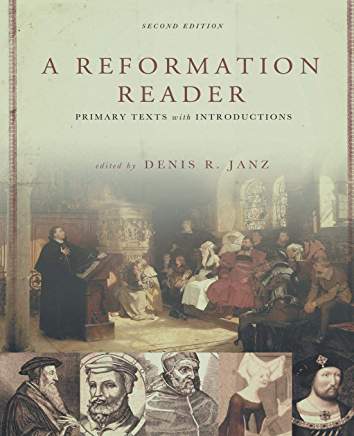
A Reformation Reader: Primary Texts with Introductions
ed. Denis R. Janz
Minneapolis: Augsburg Fortress Press, 2008.
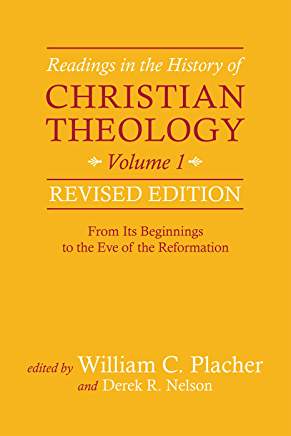
Readings in the History of Christian Theology
eds. William C. Placher and Derek R. Nelson
Louisville: Westminster John Knox, 2015.
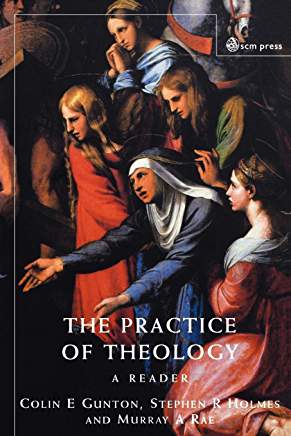
The Practice of Theology: A Reader
eds. Colin E. Gunton, Stephen R. Holmes, and Murray A. Rae
London: SCM Press, 2001.
When looking for scholarly articles on a specific topic, always search peer-reviewed theological journals. Regent and UBC libraries offer access to many physical and electronic theological journals, which are searchable by key words, topic, author, or source.
Particularly important are EBSCOhost databases, ProQuest, Regent Graduate database, and Religious and Theological Abstracts (which will summarize article topics).
Some examples of theological journals to consult are:
Anglican Theological Review
Calvin Theological Journal
Communio
Concilium
Concordia Journal
Ecclesiology
European Journal of Theology
Evangelical Quarterly
Harvard Theological Review
International Journal of Orthodox Theology
Int’l Journal of Philosophy and Theology
Int’l Journal of Systematic Theology
Journal of Asian Evangelical Theology
The Journal of Ecclesiastical History
Journal of Reformed Theology
Journal of the Evangelical Theological Soc.
Journal of Theological Studies
Modern Theology
Presbyterion
Pro Ecclesia
Puritan Reformed Journal
Reformation: Journal of the Tyndale Soc.
Religion and Theology
Scottish Journal of Theology
Scottish Bulletin of Evangelical Theology
Southern Baptist Journal of Theology
St. Vladimir's Theological Quarterly
Theological Studies
Theology Today
Trinity Journal
Tyndale Bulletin
Westminster Theological Journal
